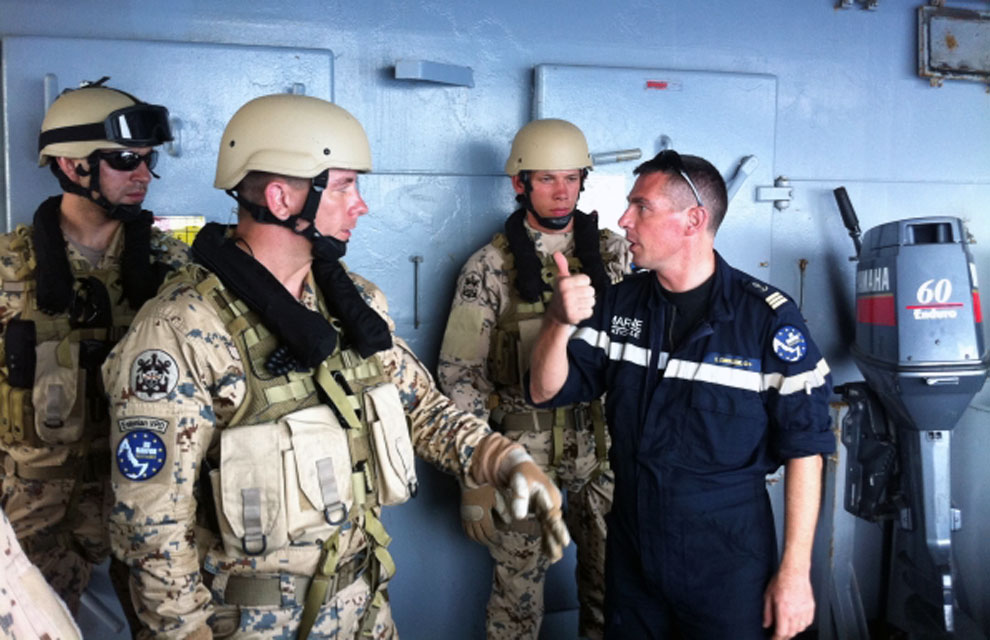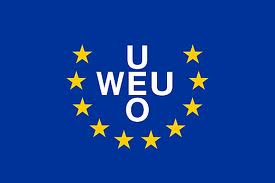Defense ministers, at a time of crisis, commit to better cooperation

(B2) How to limit the budgetary breakage of the armies? All Defense Ministers share more or less the same concern. In the wake of the previous informal council in Ghent (1), and the German-Swedish paper (2), the meeting in Brussels was therefore an opportunity to formally put down on paper various commitments to strengthen cooperation in military matters . Yesterday, we were having a friendly discussion about cooperation. Today there is urgency.
The crisis: an opportunity to seize to break the deadlock
Until now, the EU's military capability development plan was, indeed, an exercise, friendly, which remained, in a way, very theoretical. Today, the question is more concrete: how to safeguard certain capacities, even if it means sharing certain resources in common? Or, more brutally, how to make others spend what we can no longer (wish to) spend? As the ministers put it in their conclusions, the " financial crisis and its consequences for national defense budgets "are a" chance to seize " to give " a new impetus to the development of military capabilities.
Member States' roadmap
The ministers therefore defined a roadmap, not neglecting any solution: generalized inventory of the possibilities of cooperation, interoperability, civil-military standards. Even the previously taboo words of "role and task sharing" or "specialization" are spoken.
Each of the 27 States is thus invited to:
- exchange information on " current and planned reductions in defense budgets ».
- take advantage of " all possibilities of cooperation ". All solutions must be sought: Pooling, resource sharing and even specialization of tasks. The structure set up at the level of air transport (EATC) is cited in particular as an example (3).
- do a " systematic analysis of national military capabilities and support structures », taking into account three criteria: operational efficiency, economic efficiency and support capacity.
- increase the interoperability of capabilities to be maintained at national level, identify capabilities likely to be pooled, intensify cooperation on the capacities, support structures and activities that could lead to a sharing of roles and tasks ».
- lead to a cooperation further between the European Defense Agency and the European Commission in terms of research and technology.
- guide the needs, standards and other ongoing developments in the military field " to civilian bodies whose activities may have implications for the defense community ».
A committee of Elders at the Agency
A date has been set for mid-2011 to examine the main results obtained. In the meantime, it is the COPS (Political and Security Committee) and the European Defense Agency which will be responsible for monitoring the case in practice. A group of wise men, set up at the European Defense Agency, could be created "to identify areas that can lead to pooling and sharing of resources ».
As for permanent structured cooperation, it is still just as urgent to wait (4). Or rather : "it is necessary to study the possibilities of resorting to permanent structured cooperation ».
(Nicolas Gros-Verheyde)
Read also:

